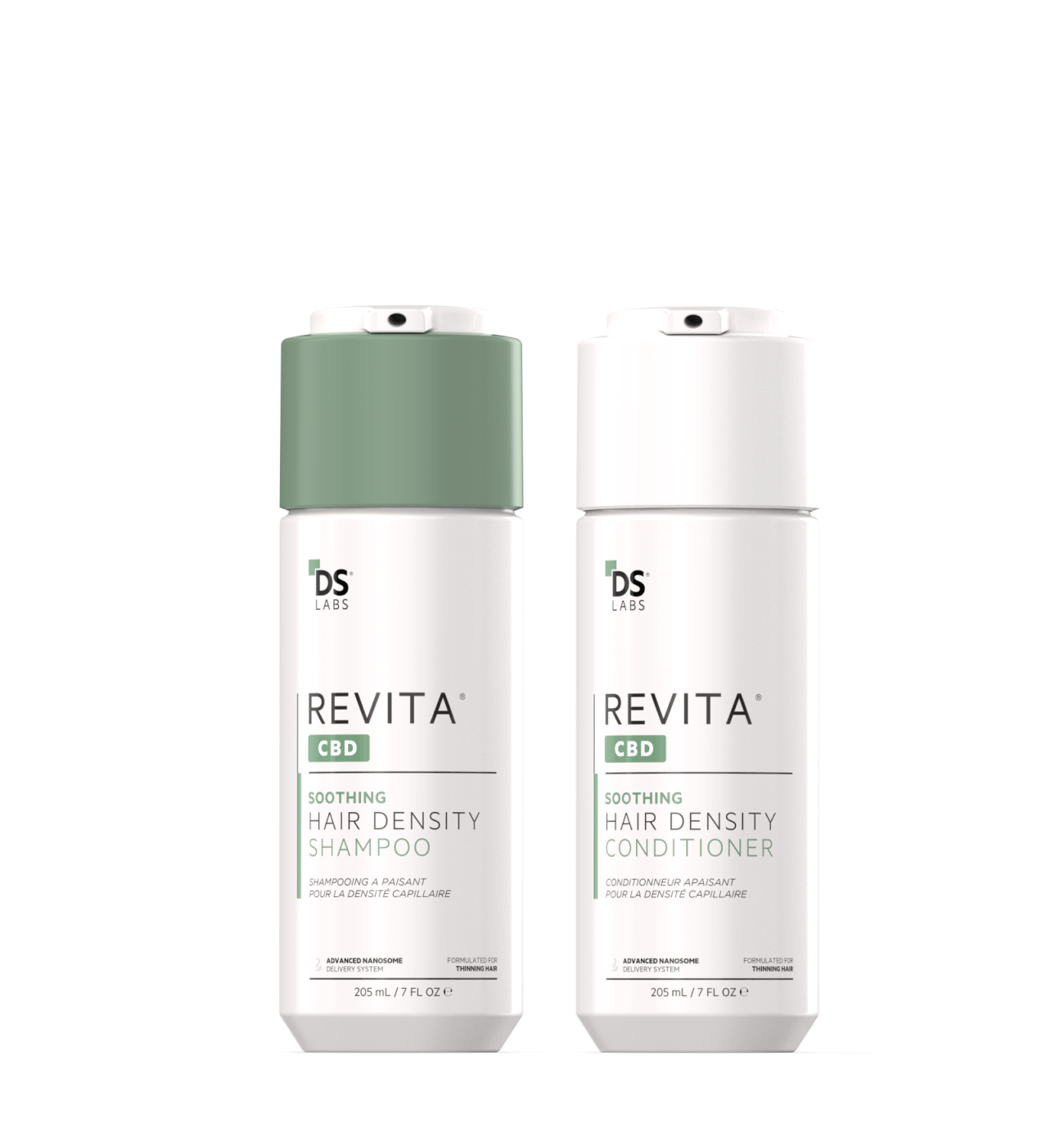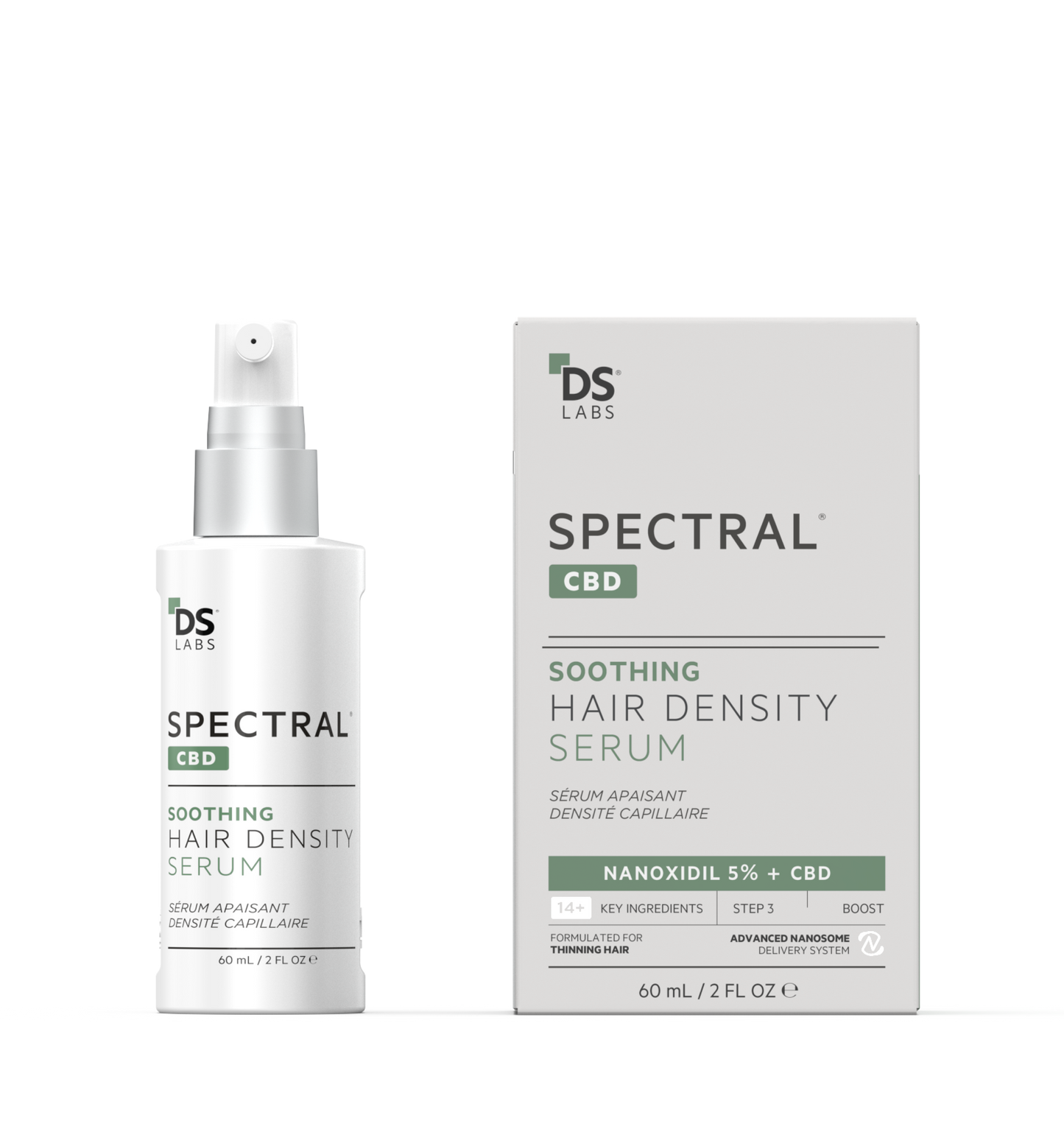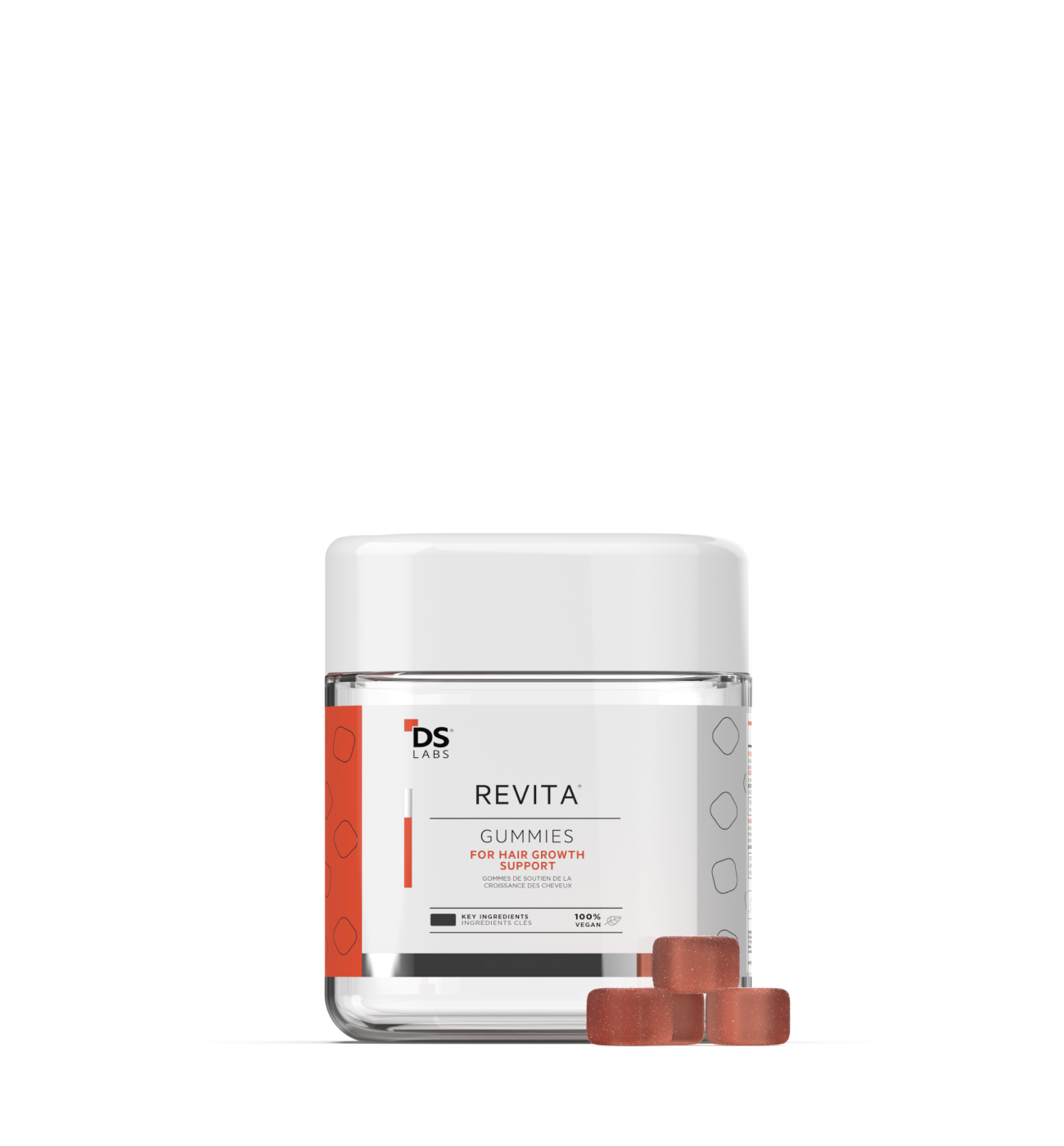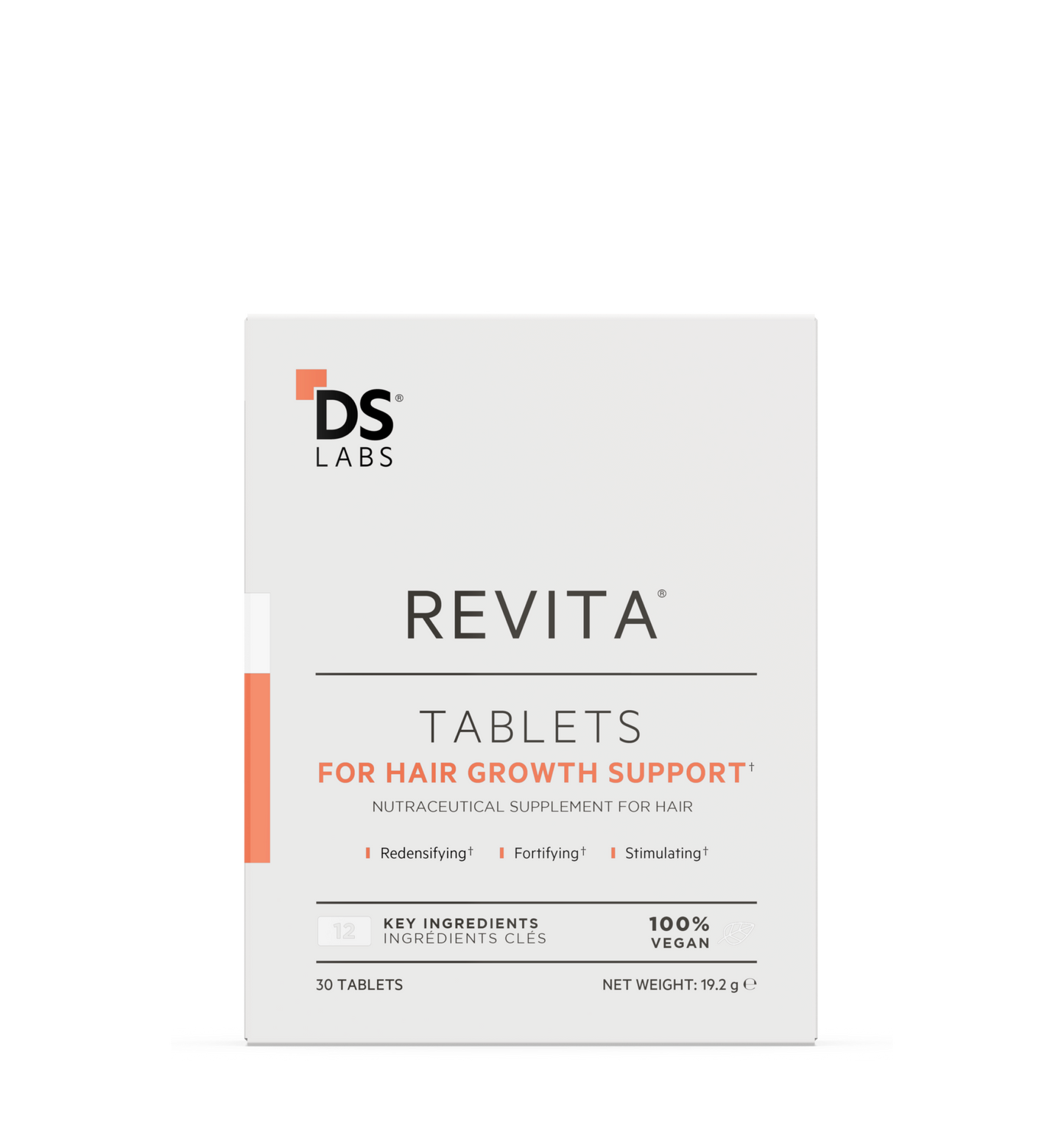Do you feel like you’re losing too many strands of hair?
While losing 50 to 100 strands daily is normal, shedding more than that may indicate a hair loss problem.
Many people immediately jump to drastic reasons for hair loss like heredity, aging, and hormonal changes but it’s also good to consider that a dry scalp may be the culprit.
Yes, a dry scalp can cause hair loss but how?
In this article, we’ll learn the connection between the two so you can look at the possibility that a dry scalp may be the reason for your falling hair.
What Is a Dry Scalp?
A dry scalp happens when you lack moisture or oil on the scalp. It can happen due to:
- Exposure to environmental elements such as cold, dry air
- Stress
- Poor diet
- Certain ingredients in shampoos, conditioners, and other hair care products
- Repeated use of gels, creams, and other styling products
- Over washing your hair
These factors can strip your hair of essential oils and cause your scalp to dry out. Signs of a dry scalp are dandruff, tightness, redness, and itchiness. They can damage the scalp tissue — including hair follicles — with time, leading to hair loss.
Exploring the Connection Between Dry Scalp and Dandruff
Are they the same? No. Though a dry scalp and dandruff produce flakes, they’re different from each other.
A dry scalp is caused by a lack of moisture or sebum on the scalp.
Dandruff, on the other hand, is caused by an overgrowth of the fungus Malassezia. It disturbs the natural balance of the scalp’s microbiome, causing dandruff.
Both conditions have flaking, so how do you differentiate one from the other?
By looking at the flakes.
If the flakes are white and dry-looking, you’re dealing with a dry scalp. If they’re large, yellowish, and oily looking, you’re looking at dandruff.
Conditions That Can Cause Dry Scalp and Hair Loss
A dry and flaky scalp can be caused by one of these skin conditions:
- Scalp Psoriasis: It is an autoimmune condition that can happen on any part of the body, including the scalp. While it doesn't cause hair loss, it does cause scales that look like dandruff and dry patches.
- Scalp Ringworm or Tinea Capitis: It is a fungal infection that causes itchy, dry, scaly, bald areas on the scalp. It is usually accompanied by irritation, redness, and itching, which could lead to hair loss if left untreated.
-
Seborrheic Dermatitis: It is a common skin condition that causes the scalp to become red, irritated, and inflamed.
But how are these conditions connected to hair loss?
Skin conditions, like the 3 listed above, do not cause hair loss on their own but they can cause dry patches to develop. These dry patches cause itching and irritation, which cause you to scratch or pick on them. Repeated scratching can damage the follicles, which could lead to thinning hair and hair loss over time.
The takeaway? Get treatment ASAP to prevent complications like an irritated scalp and hair loss.
What to Do if You Have a Dry Scalp
A dry scalp happens when your scalp doesn’t get enough moisture so treatment will depend on using products and treatments that keep your hair hydrated and healthy.
This means that you should:
- Use products that will moisturize, protect, and nourish your scalp.
- Avoid hair products with natural or artificial fragrances and preservatives. They can irritate the skin and cause damage to the scalp.
- Avoid exfoliation as it can strip the scalp and hair of their natural oils.
- Avoid tight hairstyles. They put pressure on your scalp and strands which can break your hair and slow hair growth.
- Over washing can make your scalp and hair dry so limit the number of times you wash your hair.
- Get a scalp massage. It will calm you while boosting blood circulation and removing excess residue buildup from the scalp.
- Apply coconut or tea tree oil to add moisture to your skin. It also strengthens the skin barrier and seals moisture into the hair shaft.
Additionally, because a dry scalp has also been linked to lifestyle factors, you may also need to make some lifestyle changes for a healthier scalp. Try:
- Eating a balanced diet. What you eat affects your hair, so eat a diet rich in zinc, vitamin A, and omega-3 fatty acids to give your hair the nutrients it needs to thrive.
- Staying hydrated. It will keep your scalp and your entire body hydrated which can prevent a dry scalp.
- Manage stress. Indulge in activities and hobbies that can help you reduce stress to improve the health of your immune system. Meditation, yoga, running, and reading are great for curbing stress.
Wrapping Up: Act Early and Partner with a Hair and Scalp Professional
The skin on your scalp is an extension of the skin of your face. Hence, proper care must be taken to maintain its health. Once you make changes to your hair care regimen and lifestyle, you should be able to avoid irritated, itchy, and flaky dry scalp.
Keep in mind that treatments will differ based on your scalp’s condition so it's always a good idea to seek help from a professional instead of self-diagnosing. Consulting a professional like a dermatologist or trichologist will help you address your scalp concerns before it leads to hair loss and causes significant damage.















